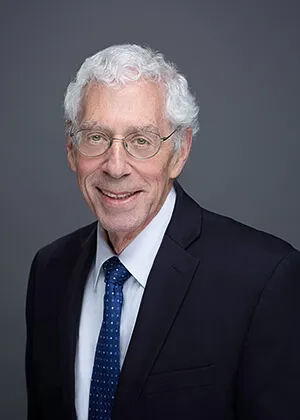Truck Fleets Facing Challenges with Changes to Hours of Service Regulations

Commercial truck drivers are under significant pressure to work long hours and meet demanding quotas. Many work themselves to exhaustion in an attempt to keep up, exposing themselves and everyone on the roads to a huge amount of risk. This is why the Federal Motor Carrier Safety Administration (FMCSA) has established hours of service (HOS) rules for commercial drivers.
HOS regulations require drivers to observe maximum on-duty and drive time periods as well as minimum daily and weekly rest breaks. These rules are intended to ensure drivers get the rest they need to remain alert and focused behind the wheel, making our roads safer for everyone. However, according to a recent survey, many commercial carrier fleets were unaware and unprepared for new changes to the HOS regulations.
Hours of Service Limitations
The current HOS rules are:
- Truck drivers can drive a maximum of 11 hours after 10 consecutive hours off duty
- Truck drivers cannot drive beyond the 14th consecutive hour after coming on duty
- Truck drivers cannot drive after 60/70 hours on duty in 7/8 consecutive days until they have taken 34 or more consecutive hours off duty
- Truck drivers must take a 30-minute meal break after working 8 hours
What the Survey Found
In late 2020, the J.J. Keller Center for Market Insights conducted the New Hours of Service Change Viewpoints: 2020 Transport Industry Study, a survey of the top commercial carrier fleets in the United States. The survey asked respondents for their opinions regarding the capability and readiness of their fleets to respond to new HOS rules.
According to Eden Weller, a senior Customer and Market Insights Manager at J.J. Keller, some of the study’s results were surprising. Ms. Weller explained that most carriers had no particular issues with the updates themselves, but felt confused by many of the existing regulations, especially those related to electronic logging and record keeping.
On a slightly more alarming note, the study also revealed that many carriers were simply unaware of the fact that any updates had been issued. Although the study was conducted approximately one week before new HOS rules went into effect, 15 percent of respondents had heard nothing about the changes and 40 percent said they didn’t fully understand the rules or the impact they might have.
Biggest Challenges with Hours of Service Requirements
Many of the challenges that commercial drivers and trucking companies say they face are related to compliance with complicated HOS regulations and recordkeeping. Most drivers must use electronic logging devices (ELDs) to record their on-duty hours and drive time, but ELD use requires specialized training and may not always be intuitive.
In the transport industry survey, fleet professionals acknowledged their struggles with the following HOS-related requirements:
- The classification conventions of various types of on-duty time, such as “personal conveyance,” “yard moves,” and “unassigned driving events”
- Compliance with recordkeeping requirements, including the “collection and maintenance of supporting documents”
- Compliance with 30-minute drive time rest breaks
- HOS training and understanding of ELD technology
- Understanding regulatory exceptions to HOS requirements
- Developing new policies and procedures for HOS regulatory updates
Hurt in a Crash with a Drowsy Truck Driver? Contact Us
Truck drivers are professionals who should be properly trained and prepared to perform their jobs safely. When a fatigued truck driver causes a serious accident, victims have a right to demand justice. The experienced Gainesville truck accident attorneys of Fine, Farkash & Parlapiano, P.A., have more than 100 years of combined experience handling these complex cases. We understand the federal and state regulations governing truck drivers and the companies that employee them.
Let us use our considerable knowledge and resources to help you pursue the compensation you deserve after a serious crash. Contact us now for your free initial consultation.

Mr. Fine was born in New York, New York, and was raised in the northeast, where he studied sociology at Colby College in Waterville, Maine. He then graduated with honors from the University of Florida Levin College of Law in 1976. In law school, he was a member of Phi Kappa Phi Honor Society, was inducted into the Order of the Coif, and graduated in the top 10 percent of his class. Mr. Fine was admitted into the Florida Bar in 1976, the United States District Court for the Middle District of Florida in 1977, the United States District Court for the Northern District of Florida in 1991, and the United States Court of Appeals 11th Circuit in 1982.